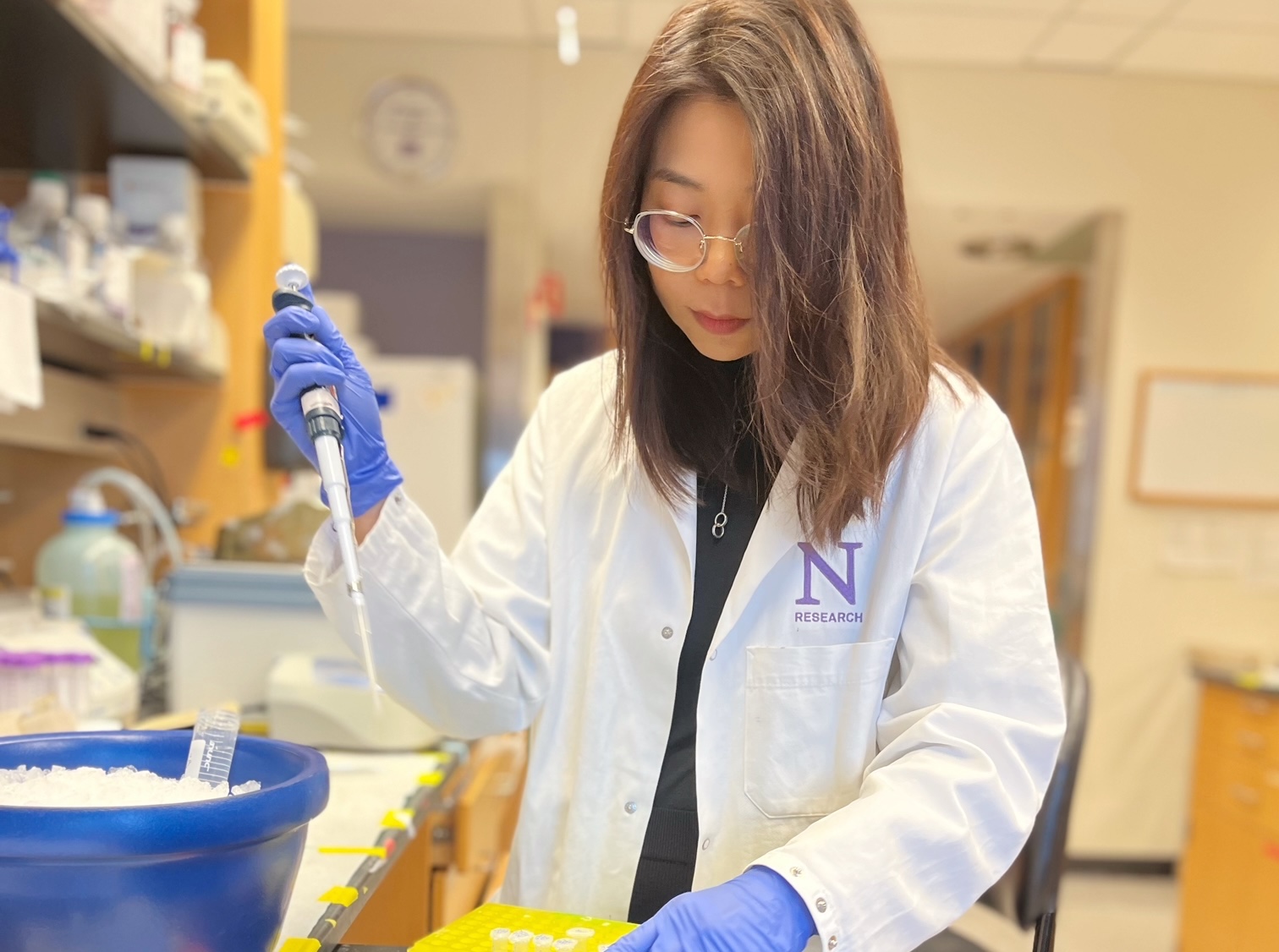Livnat Jerby, PhD, is Assistant Professor in the Department of Genetics at Stanford University and a 2022 recipient of OCRA’s Early Career Investigator Grant. Through her OCRA-funded project, she is utilizing cutting-edge technologies to gain new insights into the specific mechanisms that allow ovarian cancer to escape the immune system. She aims to pave the way to a new era of effective immunotherapies in ovarian cancer with her findings.

What initially sparked your interest in science?
As a child (and up to this day), the human body always seemed to me to be the most complicated and fascinating “machine”. Even then, at a very young age, I kind of looked at it from an engineering perspective. My thought was that there is nothing more interesting than trying to understand how this “machine” works and nothing more important than finding ways to “fix it” in the case of a disease. Having untreatable diseases was just unbearable to me and didn’t coincide with my perception that things are fixable from a purely technical/engineering perspective.
What drew you to the field of ovarian cancer research?
The failure of current immunotherapies to elicit effective anti-tumor immune responses in ovarian cancer drew my attention. Considering this gap of knowledge, it was clear to me that there is something fundamental that we are missing.
Now that my lab is leading several large studies in ovarian cancer, it is becoming clear that there are unique properties to this disease that challenge our prescription of tumor immunology, revealing new opportunities that further motivate us to explore entirely new paradigms and intervention strategies.
Can you explain your research project?
The immune system has the remarkable ability to detect and destroy cancer cells, but cancer cells develop different ways to escape – for example, by preventing immune cells from reaching the tumor or by suppressing immune cells. A few of these escape mechanisms have been identified and are targeted with immunotherapies. However, immunotherapies have not been very effective so far in treating ovarian cancer.
Our goal in this project is to identify and target mechanisms that allow ovarian cancer cells to escape the immune system. To do that, we need to consider not only the cancer cells but also their interactions with the immune cells. In other words, we need to study what we call ‘multicellular dynamics.’
Studying multicellular dynamics is more challenging than studying cell biology, and we are just now starting to have the technologies to do that. We start by profiling hundreds of genes from millions of cancer and immune cells from ovarian cancer patients. Since we also know where the cells are in relation to one another, this allows us to identify genes in the cancer cells that characterize different forms of escape. But, this is not enough. To actually know what the function of these genes is – and if they can form the basis for new interventions – we then test what happens when we turn each of these genes ‘on’ or ‘off’ in the cancer cells. We examine the impact of thousands of different perturbations on the cancer cells themselves and on the ability of different types of immune cells to reach and eliminate these cancer cells.
We are very excited about this project and its potential to reveal a new biology and form a basis for new therapeutic avenues in ovarian cancer.
What motivates you to persist in your research?
I had always known that this is what I want to do, so I feel very fortunate that this is my job and that my lab brought together fantastic students, postdocs, and researchers – without whom this research wouldn’t have been possible. When I started my lab at Stanford I made a (somewhat subconscious) decision that I would be willing to take risks to pursue my most exciting ideas – and also invest the time and effort to set the foundations that will allow us to address some of the biggest challenges in the field in a new and more powerful way. It has been very gratifying to see things develop and materialize, and sometimes, after many months of hard work, getting to those breakthroughs and discoveries.
What is your hope for the field of ovarian cancer research?
I am hopeful that we will soon be on the verge of major breakthroughs in ovarian cancer research for two main reasons. First, we can now track, model, and perturb cellular and multicellular processes with unprecedented scope and resolution, and essentially perform thousands of experiments in a cost-effective way to uncover and parse complex mechanisms. Second, we can now engineer immune cells in much more versatile ways and use not only compounds but also RNA molecules as therapeutics. Together, this will allow us to uncover the basic biology faster and in a more comprehensive way and accelerate the translation of these discoveries to a clinical setting.
If you had the opportunity to personally thank someone from the OCRA community who supported your work, what would you say?
OCRA has a tremendous impact on the ability of early-stage investigators to commit their efforts to ovarian cancer research.
I am grateful for your support and for your efforts to spotlight the urgent need to make substantial progress in the research and treatment of ovarian cancer.
Thank you for supporting my research.
See more OCRA-funded research projects focused on immunotherapy.


